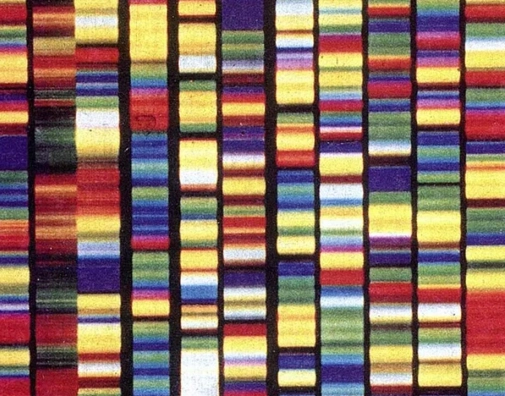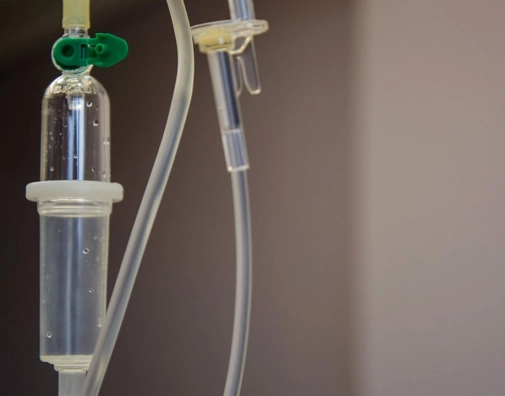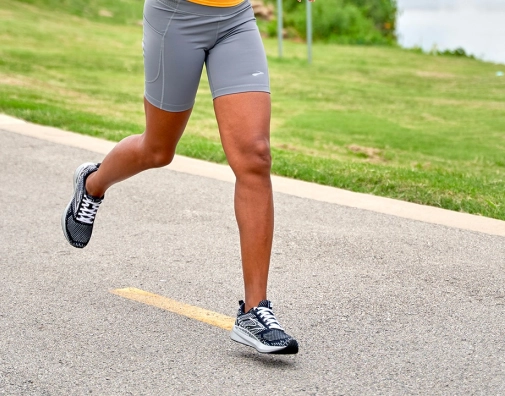
Your DNA: Sports & ACL Tears

Risk of ACL tears:
Physical activities, in particular activities that entail high impact or sudden changes of direction, come with a high risk of injury that is greatly determined by genetic predisposition.
The anterior cruciate ligament (ACL), an important structural component of the knee, allows for rotational stability and supports the leg throughout dynamic movements. Unfortunately, certain physical activities are known to increase the risk of ACL tears, a predisposition that is in part determined by genetics.
For example, specific genetic markers, such as variations in the COL1A1 gene, have been found to play a major role in defining the strength and resistance of ligament tissue.
As a matter of fact, the COL1A1 gene is essential for the production of type I collagen, a primary component of all ligament tissues, including the ACL. Mutations in this gene can impair the quality and strength of the collagen, making the ACL more likely to tear during physical activity. Simply put, if the collagen is weaker, the ligament will be less able to withstand the forces exerted on it, leading to a higher risk of injury. This genetic dimension helps understand why some individuals may be more susceptible to ACL injuries than others, regardless of physical effort or training intensity.
Understanding these genetic factors is thus an important step in designing personalized injury prevention strategies and highlights the importance of considering genetic predisposition when engaging in sports and physical activity.
Sports Performance Test

This test provides a genetics-based report on your athletic performance, useful for optimizing your training and exercise. It is suitable for all levels of fitness.
Other Journal: DNA
VIEW MORE


